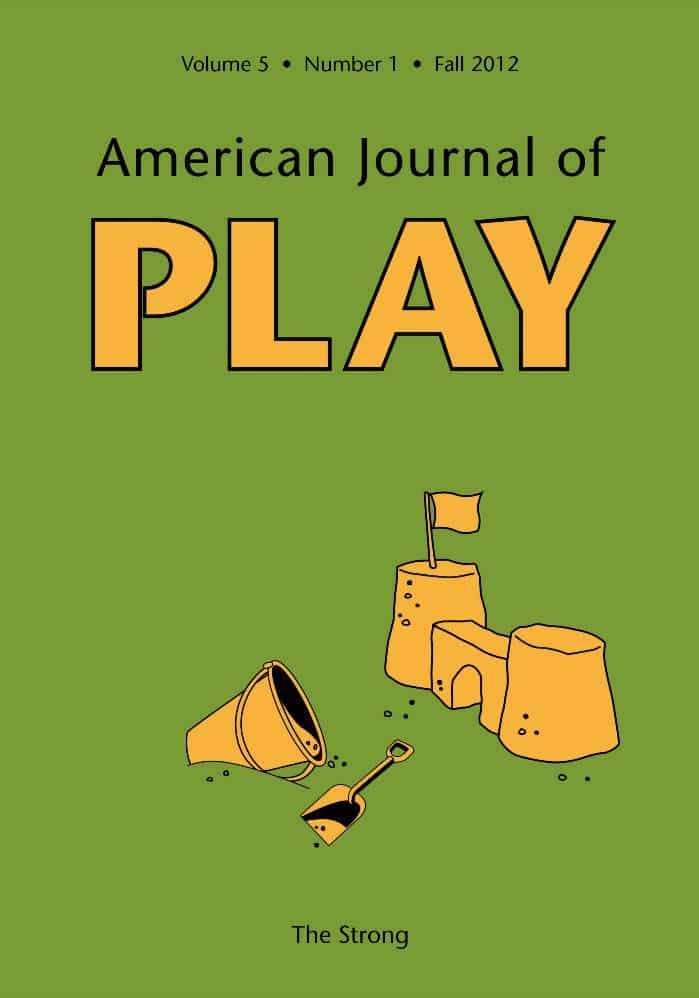How Play and Games Transform the Culture of Work: An Interview with Ross Smith
Over the last two decades, Ross Smith—Director of Test for Microsoft Corporation—developed software for mainframe systems, PCs, and hand-held devices. As a long-time member of Microsoft’s Test Architect’s Group, he helped create nearly every version of the company’s Windows and Office products that appeared after 1995. A recipient of the Harvard Business Review/McKinsey M-Prize for Management Innovation, Smith holds five patents and is coauthor of The Practical Guide to Defect Prevention. He also devises games and social-networking tools to train managers, and he writes a weekly newsletter for Microsoft employees worldwide. The Management Lab (MLab) at the London School of Business has published a case study of his “42Projects,” a corporate initiative involving productivity games. In this interview, Smith describes how play and productivity games have altered the relationship of workers to work and of work to management at Microsoft and the dividends that these approaches can yield in trust, productivity, and satisfaction. Key words: 42Projects; employee training; management innovations; Microsoft; play and productivity games; risk taking at work; trust in the workplace





